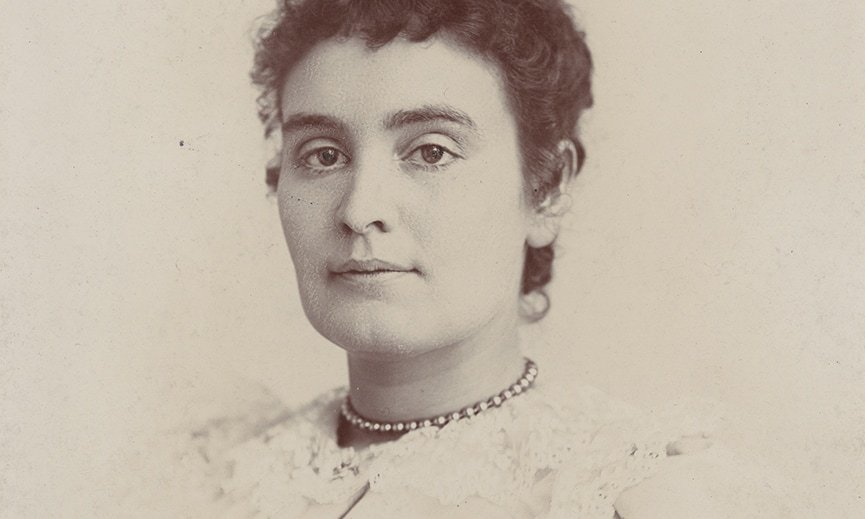August is
Don’t Be a Bully Month
Cover photo: Rick Guidotti and POSITIVE EXPOSURE's Collaboration with The Wilhelm Foundation: THE UNDIAGNOSED Initiative
August Feature
Undiagnosed is a Diagnosis
Helen Journal’s cover girl for this month is Lala. Lala is 13-years old and lives in Bamako, Mali. She loves cooking. studying and playing games with friends. She brings happiness and joy to her family every day!
The UNDIAGNOSED initiative aims to raise awareness about all the people living with Undiagnosed Diseases worldwide.
Founders, Helene and Mikk Cederroth, lost their three youngest children, Wilhelm, 16 years, Hugo, 10 years, and Emma, 6 years, to a degenerative undiagnosed disease. They founded the Wilhelm Foundation to prevent any other family from feeling as alone as they did, searching for a diagnosis.
The Wilhelm Foundation’s mission: To build a community and network of healthcare providers devoted to seeking a diagnosis for individuals and families living without a diagnosis anywhere in the world.
The Wilhelm Foundation is a strategic partner of the Chan Zuckerberg Initiative’s Rare As One Project and has hosted twelve International Conferences on Rare and Undiagnosed Diseases. The Wilhelm Foundation drives the Undiagnosed Diseases Network International and is the pioneer of the Undiagnosed Hackathon.
HELEN Journal is PAOH's Official Journal
HELEN Journal will very soon be the official publication of PAOH. But we will still have close ties with the AADMD, along with a host of other respected and influential national disability organizations.
Three Was Just A Start
Representatives from around the world made it abundantly clear that the lack of competent healthcare for people with complex disabilities was a global experience. I was encouraged to disseminate my address so that it might ignite a much needed and much overdue conversation that might lead to corrective action.
Understanding the Effects of Bullying on People with ID
Individuals with ID who are bullied may experience heightened rates of mental health issues including anxiety, depression, substance use, and post-traumatic stress disorder.
HELEN Journal’s Newest Feature: ANNIE’S PAGE
ANNIE’S PAGE will showcase stories of extraordinary individuals who’ve dedicated their lives to ensuring that people with disabilities are given every opportunity to excel.
The Razor, the Zebra and the Need to Know
There is an old medical adage that suggests, “there are 10,000 diseases and just 500 cures.” The problem is to ascertain (with a high degree of certainty) which belongs to which patient. One of the tools available to the astute clinician is the “differential diagnosis.”
Bridging the Gap: Occupational Therapy’s Role in Exercise for Autism & IDD
Discrepancies in health management routines have put individuals with disabilities at a significantly greater chance of developing obesity and secondary related conditions. As healthcare practitioners we have a responsibility to change this narrative.
From The Stacks
There are literally thousands of journals published around the world that relate to the disability community. It is virtually impossible to capture even a fraction of them. HELEN receives "stacks" of journals and selectively earmarks what we feel are "must read" articles of interest for our readers. It's a HELEN perk!
Nation's Top Disabilities Advocates Join Roundtable Discussions on Health Disparities in the Population of People with IDD
People with disabilities, including IDD, are one of several populations that are medically underserved. Although we’ve made some progress through laws like the ADA and cases like Olmstead, the pace of implementation continues to be lackluster.
Unlocking Behaviors: Fluid Seeking
Polydipsia is an abnormal urge to drink lots of fluids most or all the time. One medical condition that can cause people to feel excessively thirsty is uncontrolled diabetes.
The Familiar Yet Strange Case of Neurodiversity and Bullying
Multiple surveys seem to consistently report that children who are neurodivergent are significantly more likely to face bullying than their peers. This still leaves us with the question of “why?” Even with the myriad of anti-bullying campaigns and attempts to raise awareness and address bullying, why does it continue? An unfortunate reality may be that bullying is as hard wired into us as a species as are cooperation and unity.













